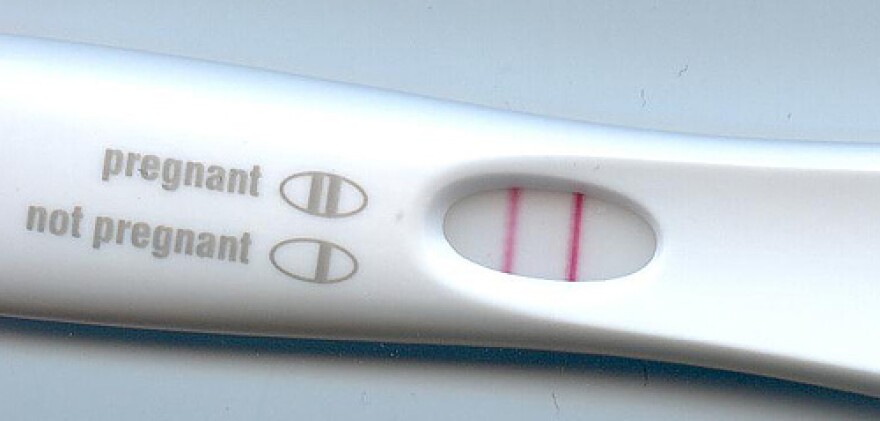As the Supreme Court confirmation hearings for Judge Amy Coney Barrett approach, abortion issues have been thrown into the spotlight once again. President Donald Trump nominated Judge Barrett after the death of Justice Ruth Bader Ginsburg last month. Justice Ginsburg was a vocal advocate for women’s rights and endorsed abortion rights when questioned by the Senate Judiciary Committee at her confirmation hearing in 1993. While Judge Barrett has not signed onto an official opinion cutting back on the rights guaranteed in the landmark Roe v. Wade decision, she has disagreed with appeals courts who struck down laws that restrict abortion in her home state of Indiana.
But while advocates on both sides contemplate the future of abortion laws, misconceptions and stigma around who gets abortions and why make it difficult to understand who might be affected by changes in legislation. Individual stories of patients and providers get lost in the broad-sweeping debates and laws, such as stories of those who seek abortions in the second trimester or those who terminate wanted pregnancies.
Host Anita Rao talks with Gretchen Sisson, a research sociologist at Advancing New Standards in Reproductive Health, about how television and real life diverge when it comes to abortion — and how that may influence our understanding of the issue. Dr. Rathika Nimalendran also joins the conversation to break down North Carolina’s abortion laws and misconceptions. And Rao talks with Margaret and Ruth, two women who terminated wanted pregnancies in their second trimesters for medical reasons.
Interview Highlights
Rathika Nimalendran on a common barrier many patients face in getting information about abortion:
I provide primary care to patients in a rural community health center that receives federal funding. And because of federal laws, I'm actually — one, not able to provide abortions to my patients, to the patients that I see who come to me. And additionally, I'm also not even allowed to tell them where they can access an abortion or even access information about what clinics provide abortions.
Gretchen Sisson on how popular media may shape audience understanding of abortion: Because abortion is so stigmatized in real life, there's a deficit of real abortion stories to contextualize what we think we know about abortion. So everybody knows someone who's had an abortion, they just don't necessarily know that they know someone who's had an abortion because it's so secretive. And in that way, fictional stories can be really powerful examples.
Margaret on having the right to make her own decision about her termination:
If someone else in my shoes were to make a different decision, then I'm great with that. I'm fine with that. I support them. But I don't think that these other people should get to choose for me. I don't think that they should get to make this decision for me and my family.
Ruth on her termination being deemed “elective” by her insurance:
We were told that our child was incompatible with life. That's a diagnosis that no parent or soon-to-be parent ever wants to hear. But to complicate things further, to then go through a termination and receive a bill from your insurer for — what I received was a $42,000 bill — for a procedure that they deemed quote unquote, elective. After a doctor told me that ... this was a baby that was incompatible with life. … How can I be billed for this as though I were having plastic surgery? As if it were something that I walked in and planned and wanted?








